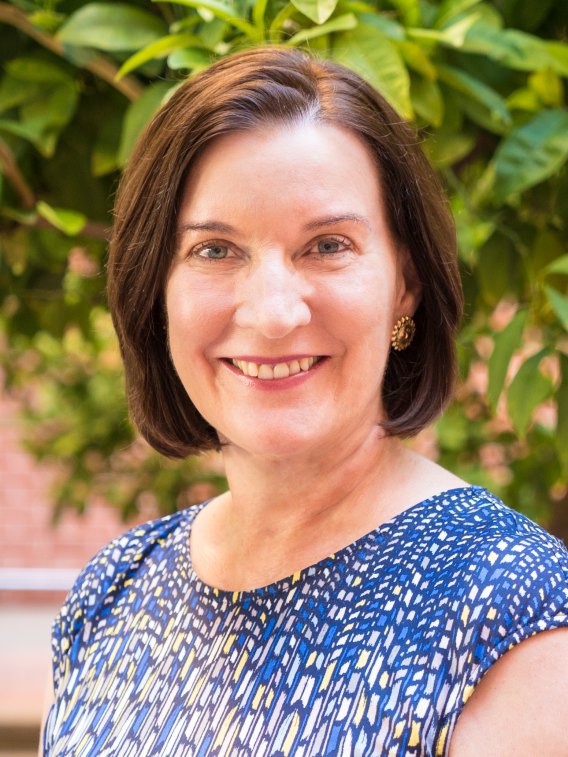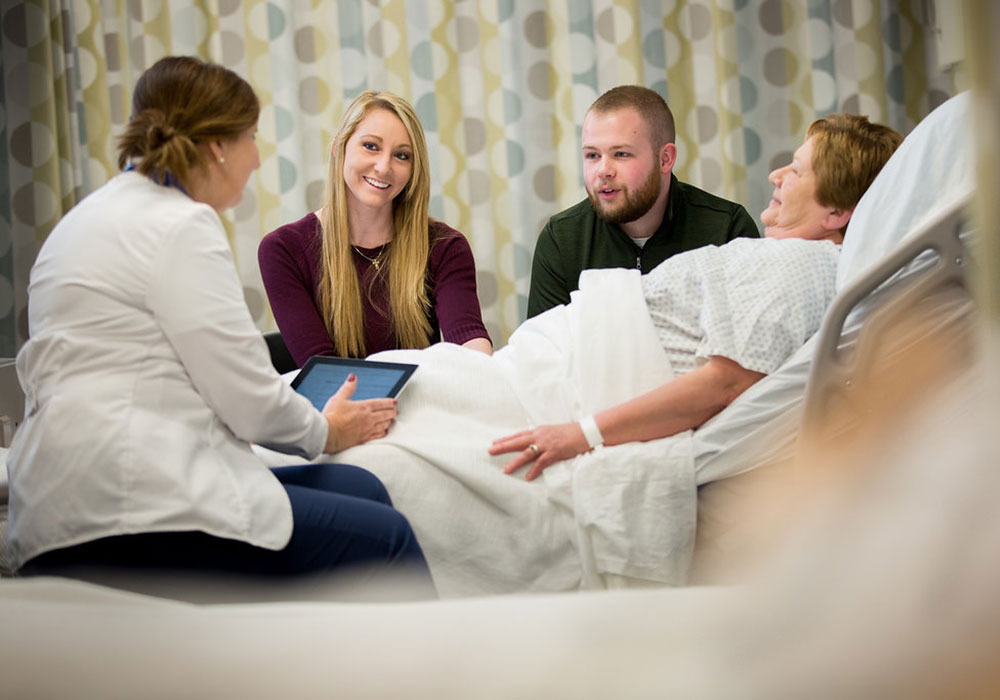
About 30% of all cancer survivors and their caregivers have reported psychological distress, which encompasses diagnoses of depression, anxiety, and overwhelming stress.
For both survivors and caregivers, psychological distress can negatively impact different aspects of treatment, care, and well-being. In fact, patients with lower levels of psychological distress have been shown to recover quicker, exhibit fewer symptoms, and even have lower mortality rates after treatment.
Research has found that patients and caregivers exhibit dyadic interdependence, which suggests that a patient’s well-being directly impacts a caregiver’s well-being and vice versa. If a caregiver experiences high levels of psychological distress, then likely so will the patient. The phenomenon that occurs in the patient-caregiver relationship is referred to as emotional contagion. In the same way that we often try to avoid contagious illnesses like the flu, strong negative emotions and distress can be shared between members in a relationship. To understand and develop support for psychological distress, our team is studying the effectiveness of telephone interpersonal counseling interventions in two studies to see how they can help patients and caregivers navigate psychological distress.
The two current studies have been designed to reduce barriers for patients and caregivers seeking counseling. Counseling is provided over the phone to help address distress, manage symptoms, and provide strategies to cope with their issues. Both large, randomized clinical trials are ongoing: one is focusing on patients with cancer and caregivers currently undergoing treatment, and the other is studying patients who are finishing or have finished chemotherapy within the past year. It’s a 12-week intervention, and patients from across the country are eligible to participate in the study.
Nurses interested in understanding additional research and literature for psychological distress can look to forerunners like ONS members Ruth McCorkle, PhD, RN, FAAN, Barbara Given, PhD, RN, FAAN, FAPOS, and Charles W. Given, PhD. The National Comprehensive Cancer Network also has patient and provider resources for managing stress and distress, along with the National Cancer Institute’s information about psychological stress and cancer. Organizations like the American Psychosocial Oncology Society have resources for practitioners, and nurses can use ONS’s evidence-based interventions for caregiver strain and burden, depression, and anxiety. ONS’s Qualified Clinical Data Registry also has a quality improvement measure for psychosocial distress; email research@ons.org to learn more about using it.
For patients and caregivers displaying symptoms of psychological distress, nurses are in a prime position to provide evidence-based interventions and referrals to supportive care. Nurses can also coordinate with other healthcare professionals, including social work, chaplaincy, and physicians. Moving forward, this area is ripe for oncology nurse scientists to explore more ways to improve patients’ and caregivers’ quality of life and well-being through patient-centered research and evidence-based practice.






